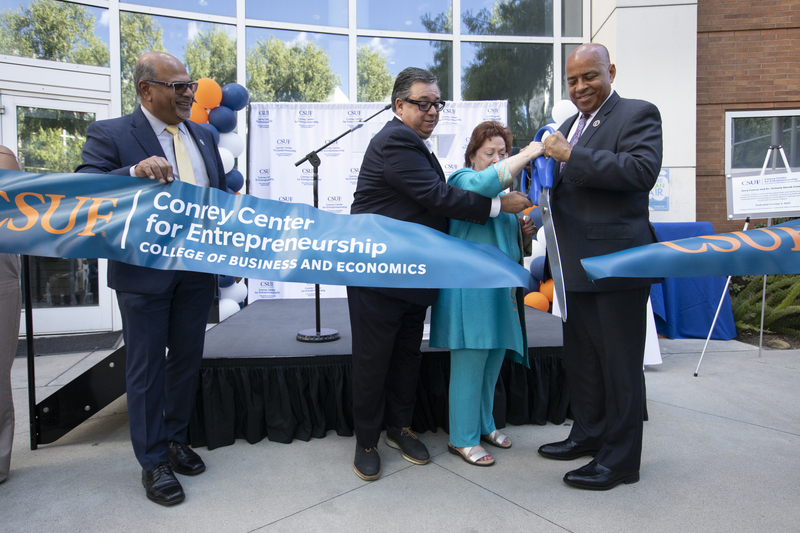Entrepreneurship meets education: Butler announces launch of Angel Network

The first Butler Angel Network pitch event is set for Summer 2026. Graphic by Anna Gritzenbach.
ELLA HALL | STAFF REPORTER | [email protected]
Butler University announced the launch of an angel network, a group of investors who fund new businesses, through the Lacy School of Business (LSB) earlier this month, designed to support promising start-ups while giving students a hands-on experience. Pre-launch operations will begin in Spring 2026, with the first pitch event set for summer.
The Butler Angel Network is part of an initiative to further Butler’s innovative business education strategies. Through this network, LSB will provide students with active participation in business endeavors, working alongside and learning from real-world investors and entrepreneurs.
Angel networks have a specific process that they follow, beginning with a pitch event where entrepreneurs pitch business ideas to a group of investors. From there, investors take part in due diligence to examine the information and decide whether the business is worth investing in. The goal for investors is to help the business succeed and make money back on their investment.
This network keeps students involved in the whole process. They will help screen companies and do research, giving them firsthand knowledge of how businesses really get started.
Paul Newsom, the incoming executive director of alternative investments in the Butler Angel Network and Butler alumnus, will be teaching a class at Butler in the spring geared towards entrepreneurial finance and building the structure of the angel network.
Newsom has extensive experience in finance and angel networks through his role as a cofounder and managing director of the angel investor group VentureSouth Aiken. He is passionate about bringing this knowledge to Butler to teach students beyond the traditional classroom, which he claimed is a key portion of learning.
“By bringing this strategic initiative and developing a curriculum around what we’re doing, then the students will be exposed to this new asset class in a way that most university students aren’t even exposed to,” Newsom said. “When they go out there and they’re applying to [different firms and companies] any company that’s operating in this alternative investment area, they will look very attractive to potential employers, not just because they’ve had one or two classes in this area, it’s because they’ve actually done it.”
Some students have already expressed interest in getting involved with the network and taking Newsom’s class.
Mariah Richardson, a junior finance and entrepreneurship and innovation double major, was captivated by the student leadership opportunities that the network offers and the interactions students will get to have with real-world investors.
“This is going to be crucial for me, because I’ll understand what it takes to want to give funding to companies,” Richardson said. “Remembering these points could be really helpful for my own career aspirations down the line, just like setting an example for what would be good or bad for my business in the future.”
The angel network is not the only hands-on opportunity for students in LSB. Through enterprises like Chimba Bowls, Butler Brew and Blue’s Closet, Butler students have shown how experiential learning is beneficial in the business world.
LSB dean Craig Caldwell cited these current student enterprises as successful endeavors that have demonstrated the student motivation necessary to forge the way for bigger projects like the Butler Angel Network.
“They’re doing very well. A lot of success is embedded in those entities right now,” Caldwell said. “There is a very interesting element to the current generation of college students, or people coming into college. I’ve heard words like creator class or creator generation, where they are way more motivated to build something for themselves.”
The Butler Angel Network aims to help shape the future of business education at Butler. By combining real-world investing with academic instruction, the goal is to give students a deeper understanding of how private capital markets operate. Beyond the classroom, the Angel Network hopes to spark new partnerships, generate substantial returns and help launch companies that make an impact.
Related
link






